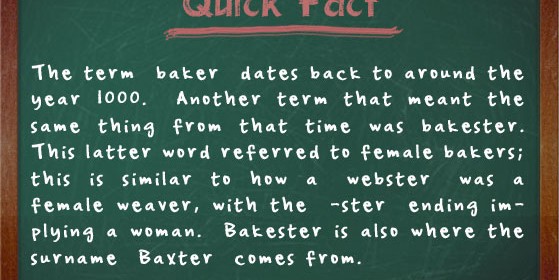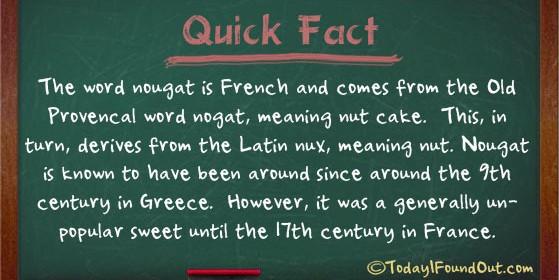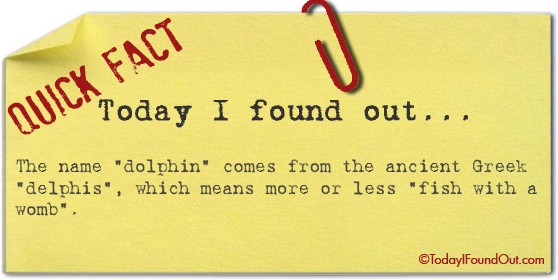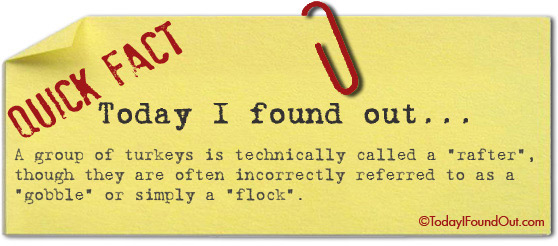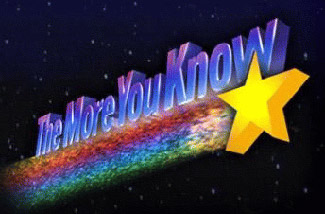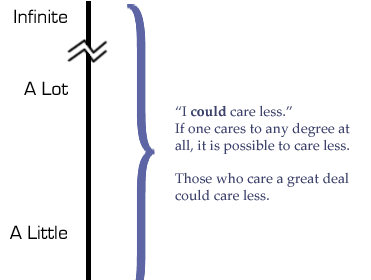The Word “News” Does Not Derive from the Four Cardinal Directions (North, East, West, South)
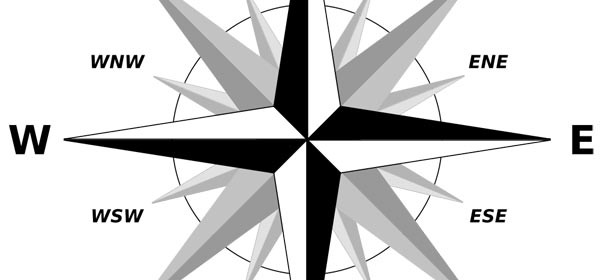
Myth: the word “news” derives from the four cardinal directions. While this potential origin of the word news seems plausible enough, it isn’t true. The truth is, the word news can be traced back to late Middle English around the 14th century as a plural for the adjective “new” or “new thing”. This is a somewhat rare instance of an […]
Read more



